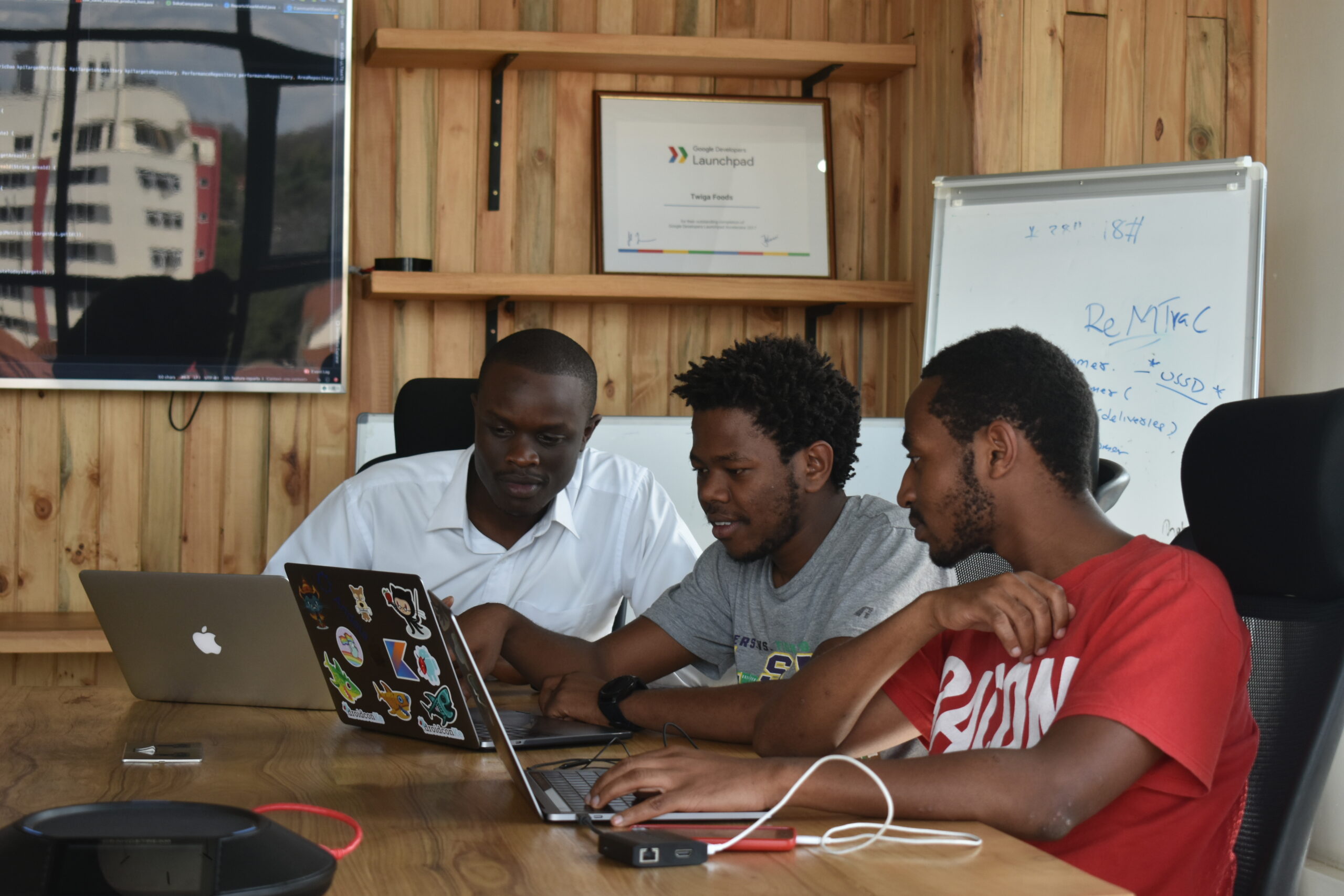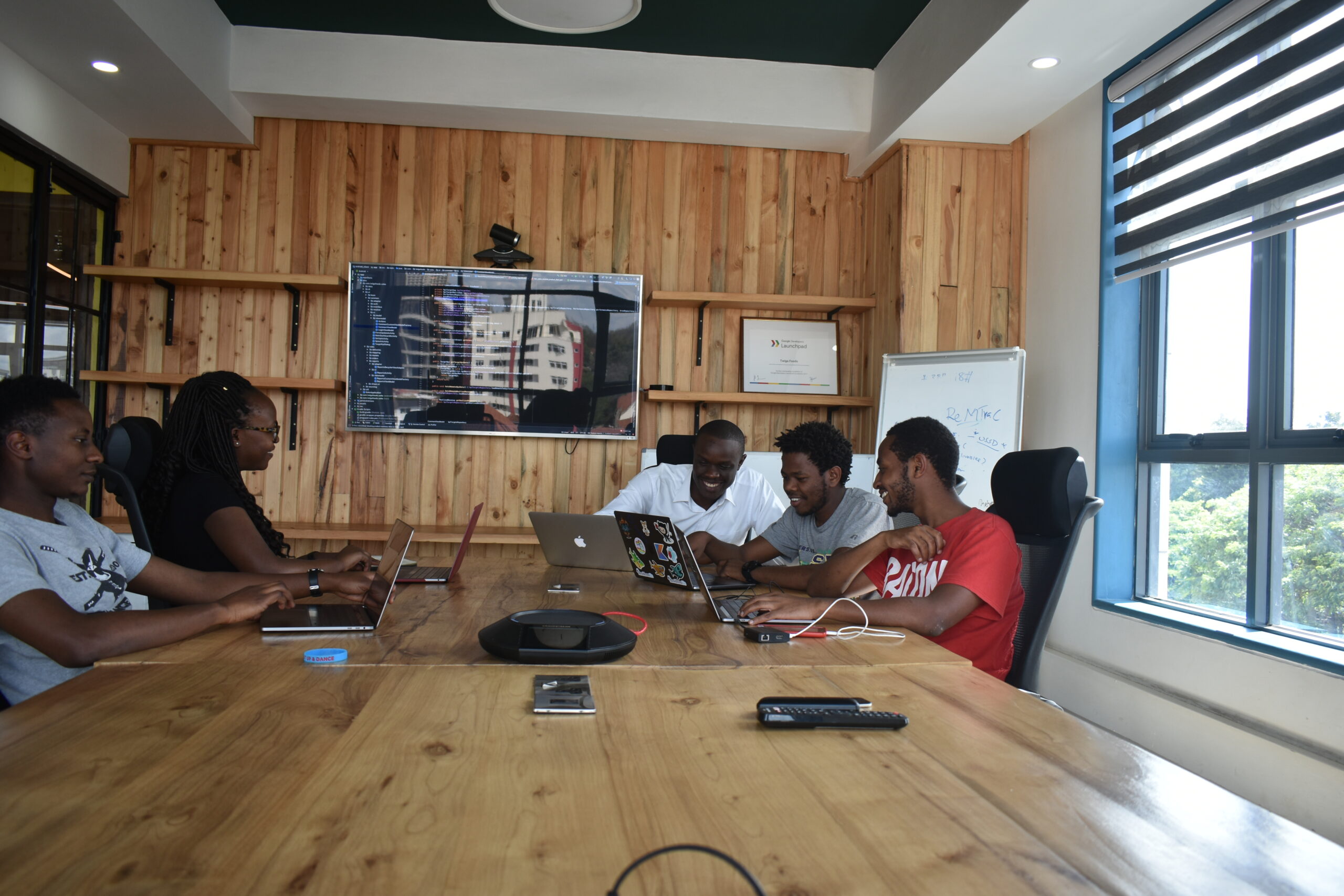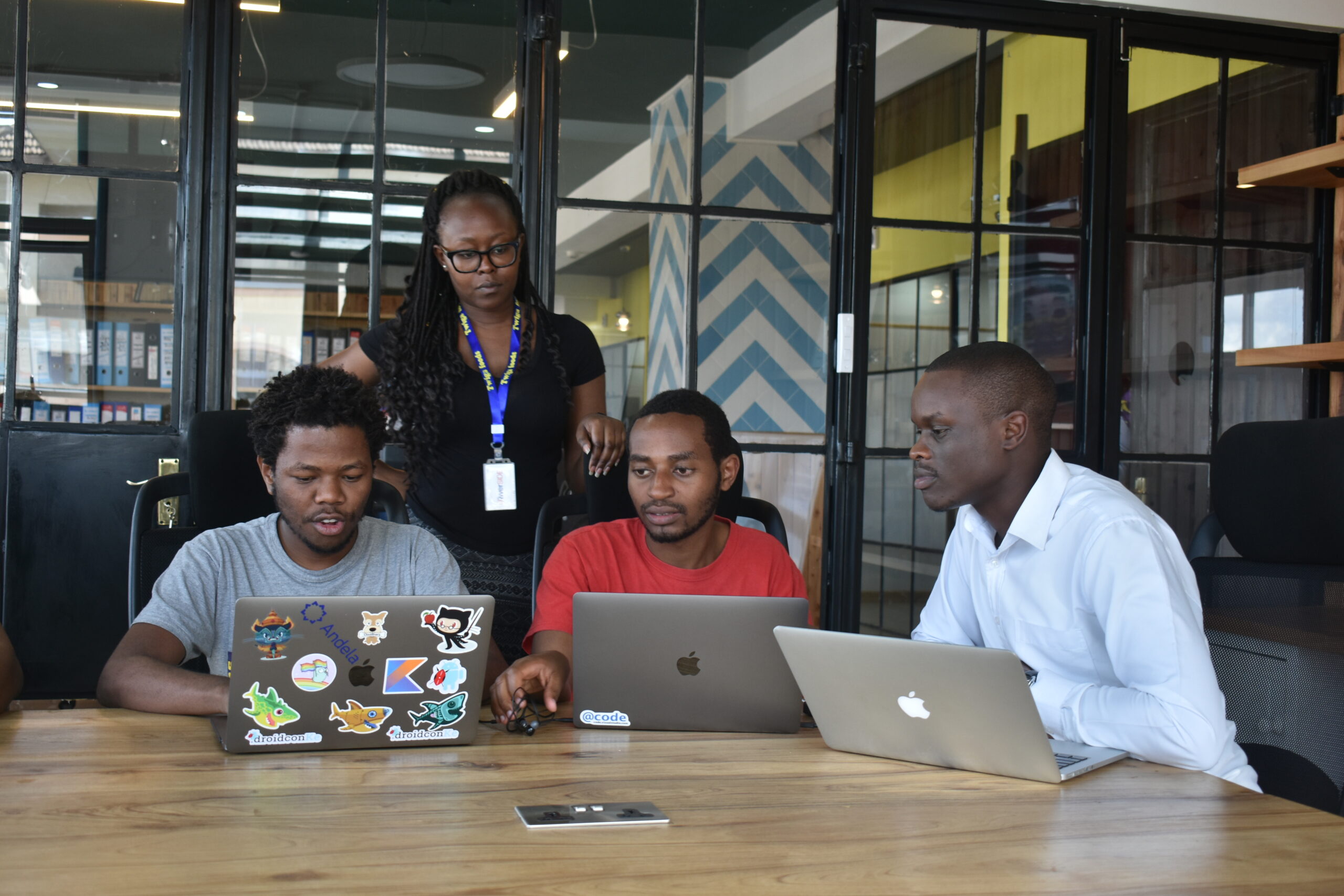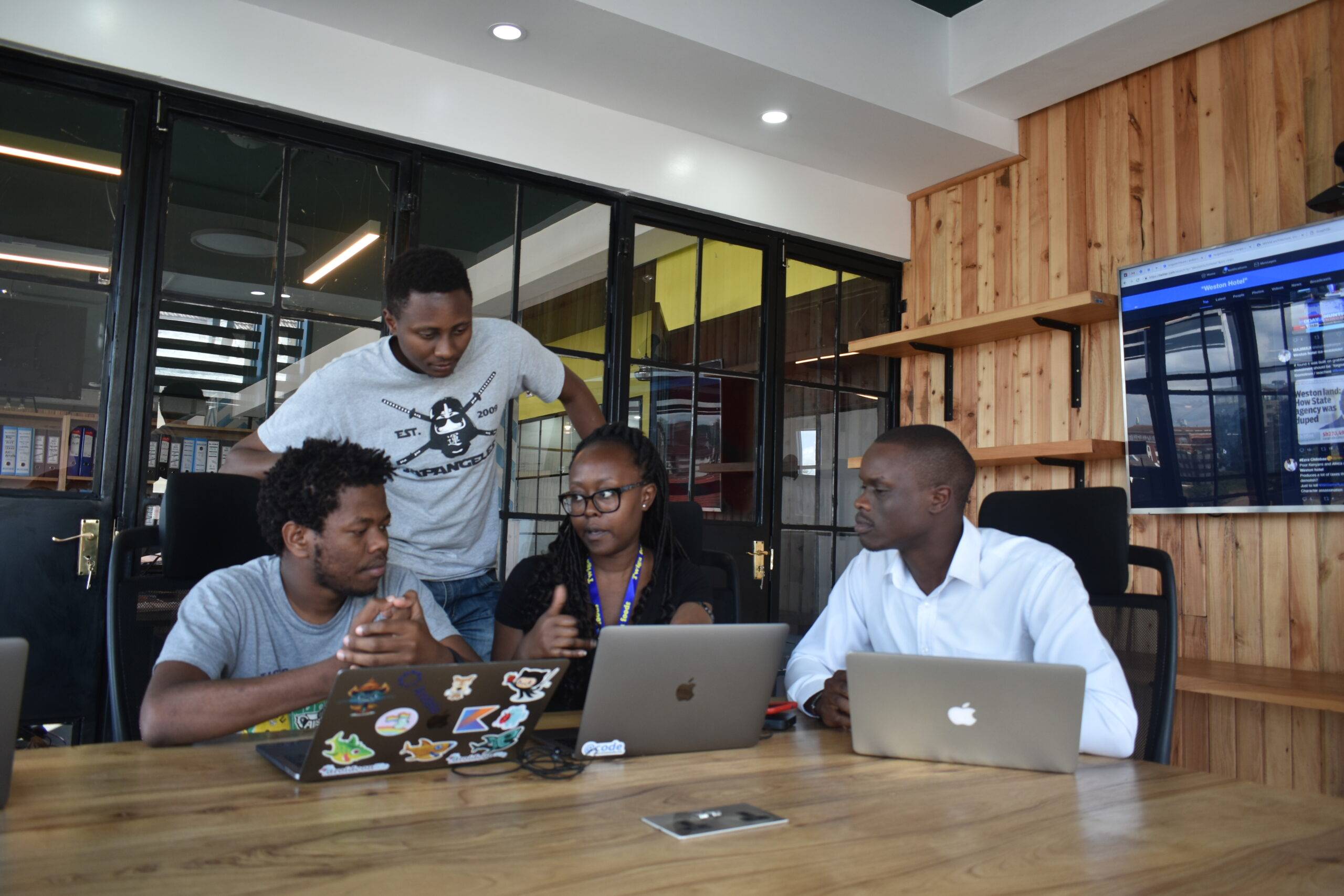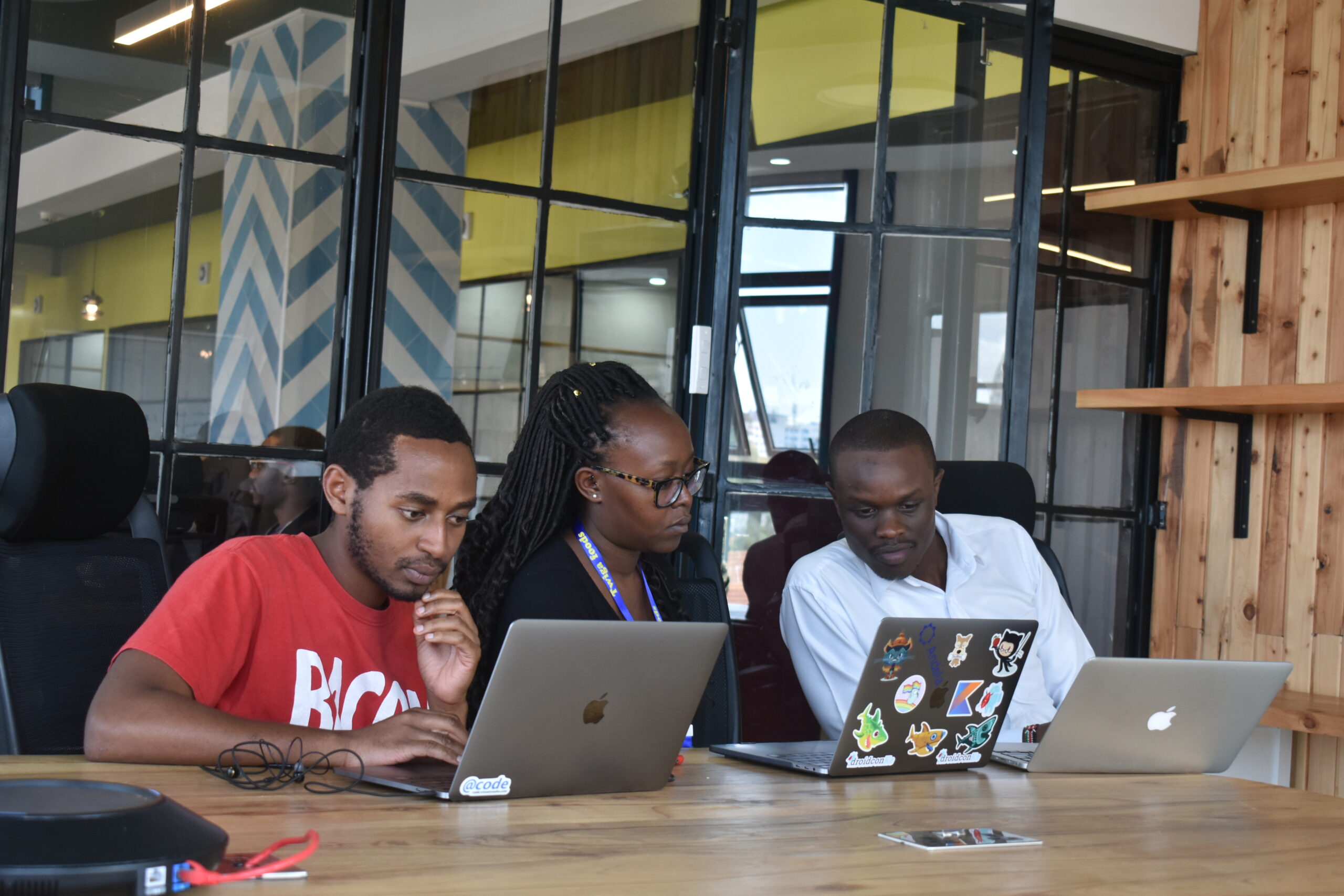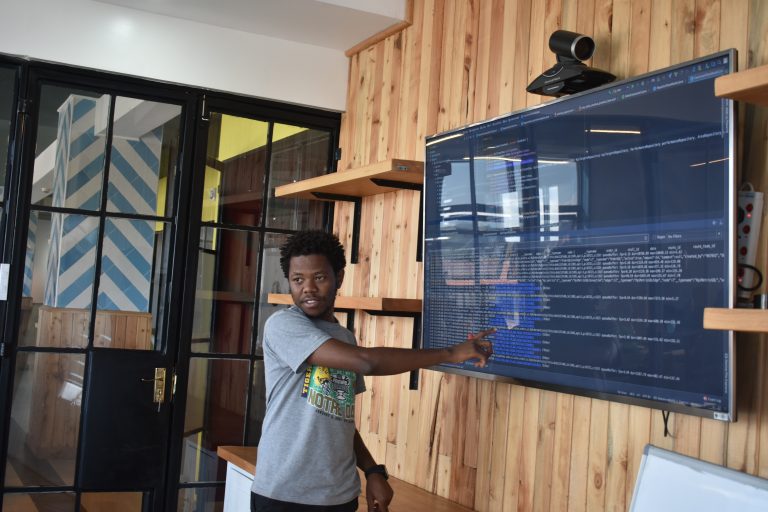
Daraja M-Pesa API Integration transaction has transformed the business dynamics for Twiga Foods, cutting down the business costs and bringing more farmers on board to sell their farm produce quickly at market friendly prices. The integration was made possible by Allan Juma, a 23-year-old developer with an IT background from JKUAT.
For Twiga Foods, M-PESA payments to individuals presented a major challenge as some farmers needed to be paid more than the per-day limit of KES 140,000. In most cases, they preferred to be paid immediately collection was done.
This presented a lot of challenges since the processes were all manually processed. Then came in Daraja API and everything changed for the better. Allan Juma, highlights on the Daraja API integration process and the outcome.
What is Daraja API and how did you learn about it?
Daraja API is a product of Safaricom where you can build a platform for your company or business and plug-into M-Pesa. Daraja connects M-Pesa to businesses in a very simple way. I learnt about Daraja through a local tech blog. At that time Safaricom was piloting the whole project.
What are the basic operations of Twiga Foods and where does Daraja API plugin?
Twiga foods is divided into 4 departments; Executive, Sourcing, Sales, and Tech. Sourcing has a team of scouts who look for farmers and quality produce. Through the company phone book which is an internal application, they are able to register farmers and their produce on our platform at an agreed price.
On the harvest date, the harvest coordinator and his team make the necessary arrangements and visit the farm. They harvest, grade, and record everything on a proforma invoice which is manually written and the data fed into the system to confirming quantity and the amount due to the farmers where the agreed payment is done before 24hours.
Each of the regions in the 14 counties that we operate in has a collection point. The produce is transferred in 20 tonnes truck to Syokimau our main pack out point where it is regraded and transported to the 93 sales routes in our operations. Daraja comes in at the point of the transaction between the farmers, vendors and the business.
The firm makes cashless payments by M-PESA to the mama mbogas or vendors when they purchase produce. The system automatically generates reports and the company is able to prepare produce for the following day.
What were transactions like for Twiga Foods before the inception of Daraja API?
With 13000 farmers on board, each farmer needs to get paid different amounts depending on their produce. The only constraint with mobile money is that you cannot move more than KES70,000 to a mobile wallet, while with the banks, an account can only have KES140,000 in the limit. Twiga foods would run its payments manually.
Our finance team would look at the sourcing report, sit down, prepare an excel sheet, manually load it to an M-Pesa platform that was able to do manual payment. The key challenge was if the data was mixed up, there would be erroneous payment and delays. Some farmers would get paid less others more. Farmers would start complaining and prefer other means of selling their produce.
How was Daraja M-PESA API integrated into Twiga Foods transactions?
For farmers that needed to be paid a huge amount, it would be done by banks where the bank transfers which would take days before cash is credited to the farmer’s account.
However, Daraja API bridged the gap with an easy payment system, build on top of it that runs the payment instantly. It is called the One step payment internal system.
Our finance team just have to log into the system, identify the right farmer and make the payment. If its mobile Money, Daraja API will run it under Business to Customer API, directly crediting any amount below KES. 70,000 into your phone account. With Daraja we have an internal system that monitors how you are buying and selling real time.
What are the benefits of using Daraja API when transacting with banks?
For the bank, the transaction is instant. It’s way much cheaper using the Daraja API than a usual bank transfer. The amount is credited the farmers account electronically and salespersons are able to reconcile the transactions in real time. Most farmers prefer bank transfers through Daraja API as it increases their credit scores.
Four months since the integration of Daraja, Twiga foods has experienced a huge reduction on the cost of business. The complaints from farmers are very minimal. Daraja is more of a celebration that has made life easy.
What will the E-commerce and digital payment look like in future with Daraja API?
In building the e-commerce, one key that is unlocking so many opportunities is integrating to M-Pesa. Having an easy way transact can generate brilliant ideas. Daraja API is a platform we can use to build something great.
There are many ideas around that, one being a platform that integrated payment via M-Pesa on supermarkets to take a very short time. With Twiga Foods on our Internal App, we have a payment system that triggers the mama mbogas and vendors to make payment via Mpesa. We are able to capture the details and the salesperson does not have to go around asking them for the confirmation codes. Reconciling the payment and generating the reports is much simpler for us these days.
The way Daraja has been built it’s pretty straightforward. It only takes five minutes to deploy the payments. With M-Pesa it cuts across all the industry





